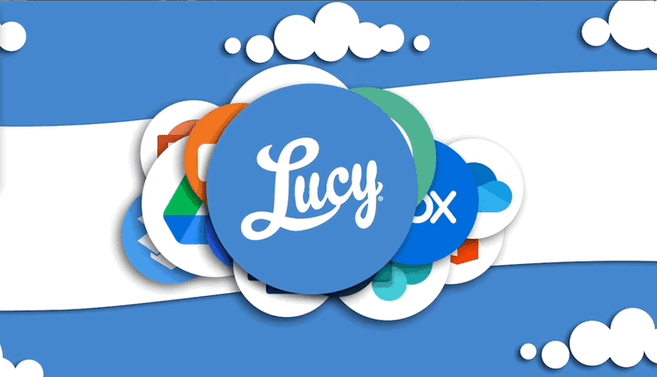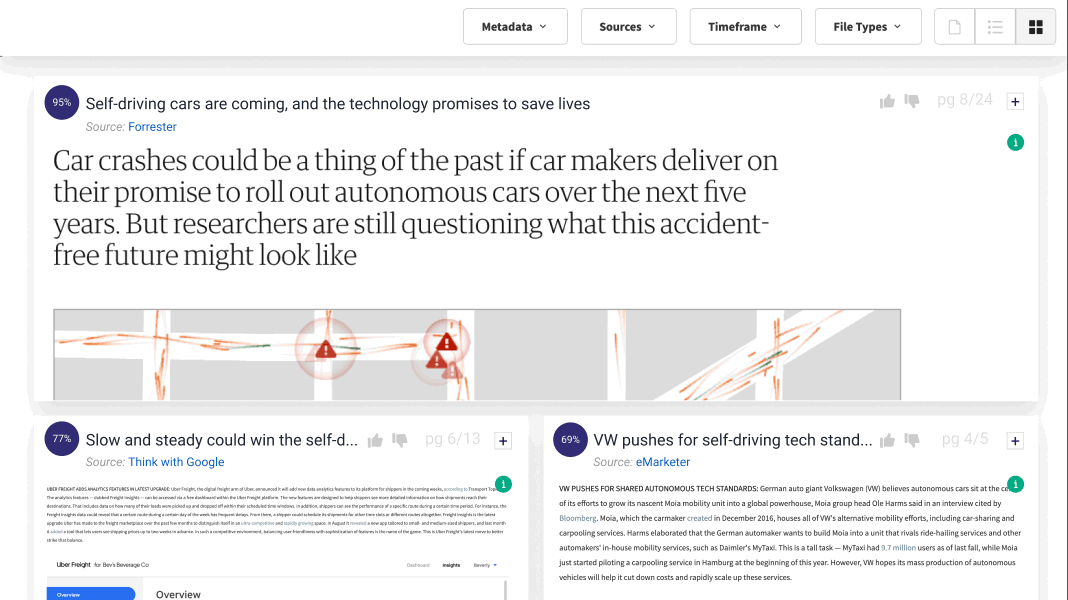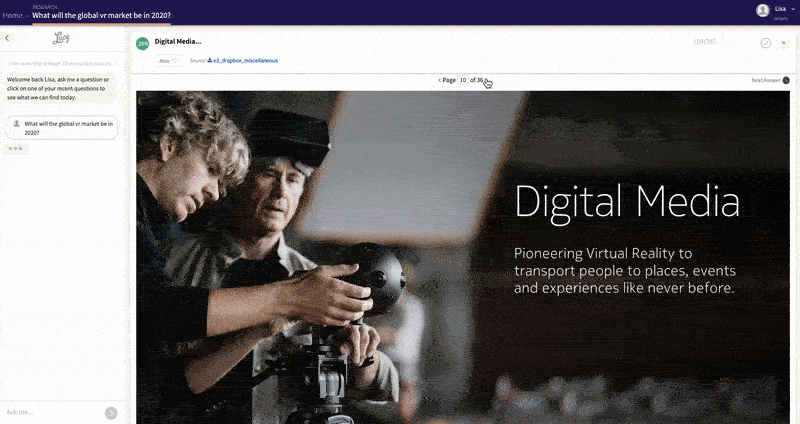When it comes to workplace bugbears, wasting time fruitlessly searching shared drives for a particular resource has to be up there. Yet would it not be easier to lighten the workload through an answer engine with a sprinkling of generative AI?

Machine learning software, by definition, is self-learning. As users ask more questions of an AI, and the AI provides answers, feedback loops are developed which help the product get stronger and the return on investment become greater.
“It’s really cool that a proper AI solution is self-learning,” Scott Litman, founder and chief operating officer of AI-powered answer engine Lucy, explains. “The AI is growing with them. If the AI misses, it’s a teachable moment, and [it] will be smarter tomorrow.”
With generative AI, the stakes are now so much higher. Generative AI is defined as algorithms which can be used to create new content, from text, to code, to audio. ChatGPT, from OpenAI, has understandably garnered a fleet of headlines because it appears to have opened up a world of possibility for content creation.
Yet it is not all plain sailing. For one, users have delighted in pointing out the fallibilities of ChatGPT, which is fine – it is always learning after all. But other users have spotted the software’s tendency to make up a response if it is unsure. “The smug confidence with which [the] AI asserts totally incorrect information is striking,” the writer Ted Gioia noted. “A con artist could not do better.”
Lucy’s job is not to make incorrect assertions, but to ‘liberate corporate knowledge’: put simply, get the right answer to the right person at the right time in seconds, regardless of where that answer lives. Much of this will primarily involve sifting through reams of PDFs, PowerPoints and Word documents and point to the most relevant detail, but this liberation can turn up insights in previously forgotten places, such as video training courses.
With the recent release of Lucy 4, the next generation of its platform, and Lucy Synopsis, there is a further push towards generative AI – but without the drawbacks. Lucy can not only point a user to an answer, but provide a unique two-to-three sentence summary which directly answers the question. Crucially, as Steve Frederickson, director of product management points out, Lucy’s summations are there solely to help the user, not offer a spurious alternative.
Read full article here










